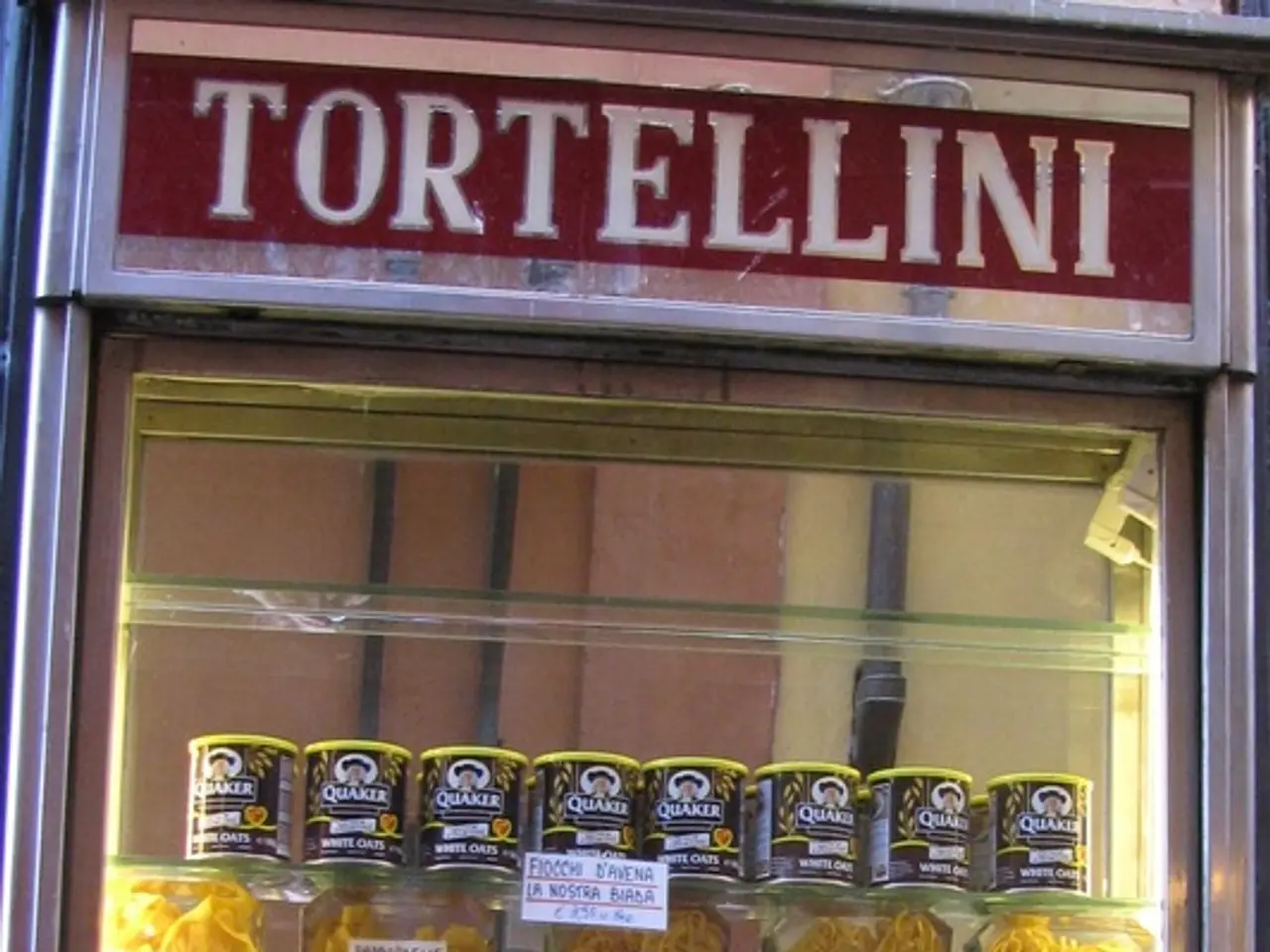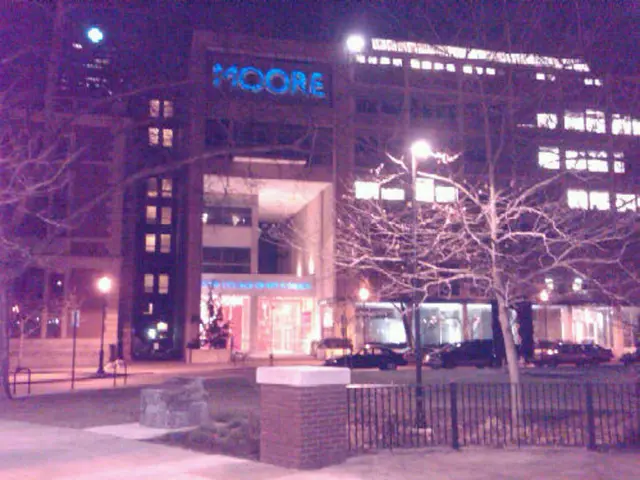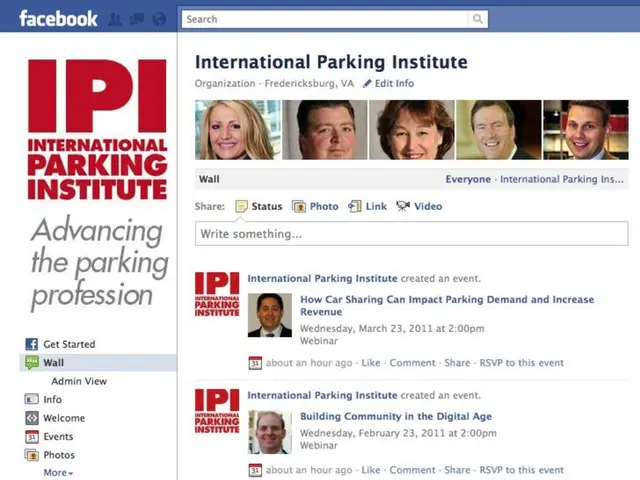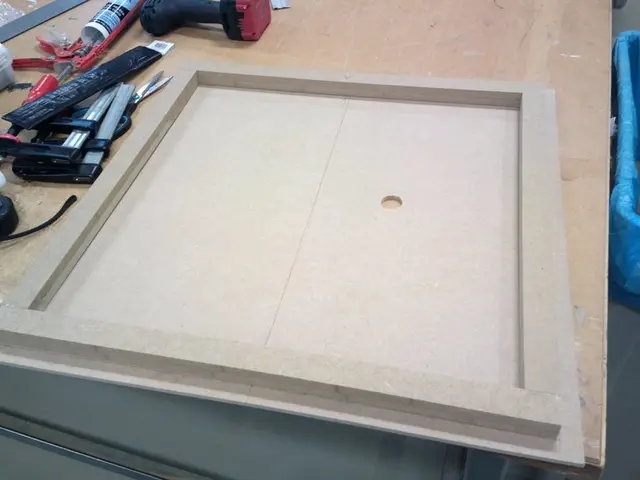Efficient Chilling Method: A Potentially More Eco-Friendly Option for Cooling and Refrigeration Systems
In the world of refrigeration, traditional vapor compression systems have reigned supreme for nearly a century. However, a new contender is emerging, promising a more efficient, greener alternative: solid-state cooling technologies.
These innovative systems, which include barocaloric, elastocaloric, magnetocaloric, and thermoelectric systems, are poised to revolutionise the industry, with the potential to achieve coefficient-of-performance (COP) scores above 10 - almost double the COP of the best conventional AC systems.
One of the key advantages of solid-state cooling technologies is that they do not operate by moving heat between reservoirs, theoretically allowing them to surpass the Carnot Limit. This could lead to significant energy savings and reduced carbon emissions.
However, like any new technology, solid-state cooling systems are not without their challenges. For instance, material fatigue is a potential problem for both barocaloric and elastocaloric technologies. To overcome these hurdles, developers are focusing on designing products that can use existing high-volume production technologies and leverage existing components to save development time and costs while reducing potential supply-chain risks.
Several companies and research teams are in the process of commercializing these technologies. For example, MIMiC, a New York-based company, is developing thermoelectric solid-state systems specifically to replace the conventional packaged thermal AC (PTAC) units used in hotels and multi-tenant buildings. On the other hand, Magnotherm, based in Germany, is specialising in magnetocaloric refrigerators designed for supermarkets, grocery stores, and other retail applications.
The Rocky Mountain Institute, in its study titled "Innovation to Impact: Advancing Solid-State Cooling to Market - Challenges and opportunities for scaling breakthrough cooling startups," has identified these companies as major players in the solid-state cooling technology market. The study provides an overview of several solid-state cooling technologies and highlights the technical challenges that must be overcome to bring these technologies to market.
The market for solid-state cooling technologies is expected to be worth over $272B/yr and is predicted to grow to $600B by 2050. With such potential, it's clear that solid-state cooling technologies are not just a curiosity, but a viable and promising alternative to traditional refrigeration methods.
References: 1. Rocky Mountain Institute. (2021). Innovation to Impact: Advancing Solid-State Cooling to Market - Challenges and opportunities for scaling breakthrough cooling startups. Retrieved from https://www.rmi.org/insight/innovation-to-impact-advancing-solid-state-cooling-to-market-challenges-and-opportunities-for-scaling-breakthrough-cooling-startups
- The growing field of environmental science is closely watching the advancements in solid-state cooling technologies, as they promise a more sustainable approach to climate-change mitigation.
- As these technologies mature, they could significantly impact the financial sector, with personal-finance experts suggesting that investing in companies focusing on solid-state cooling technologies might prove lucrative for those looking to accommodate sustainable-living principles within their portfolios.
- In the world of business, real-estate developers are keeping a keen eye on solid-state cooling technologies, as the substantial energy savings they offer could translate to reduced operational costs and improved competitiveness in the home-and-garden market.
- Meanwhile, data-and-cloud-computing professionals are intrigued by the potential of solid-state cooling technologies, given their ability to dissipate heat effectively and maintain optimal temperatures for massive data centers, crucial for maintaining high-performance computing capabilities.
- Furthermore, the technology sector is actively exploring ways to integrate solid-state cooling systems into their products to enhance efficiency and reduce environmental impact, reinforcing the growing trend towards sustainable-living practices.
- As solid-state cooling technologies continue to evolve, they are expected to revolutionize not only the refrigeration industry but also various sectors such as business, finance, and technology, fostering a greener and more energy-efficient future.







